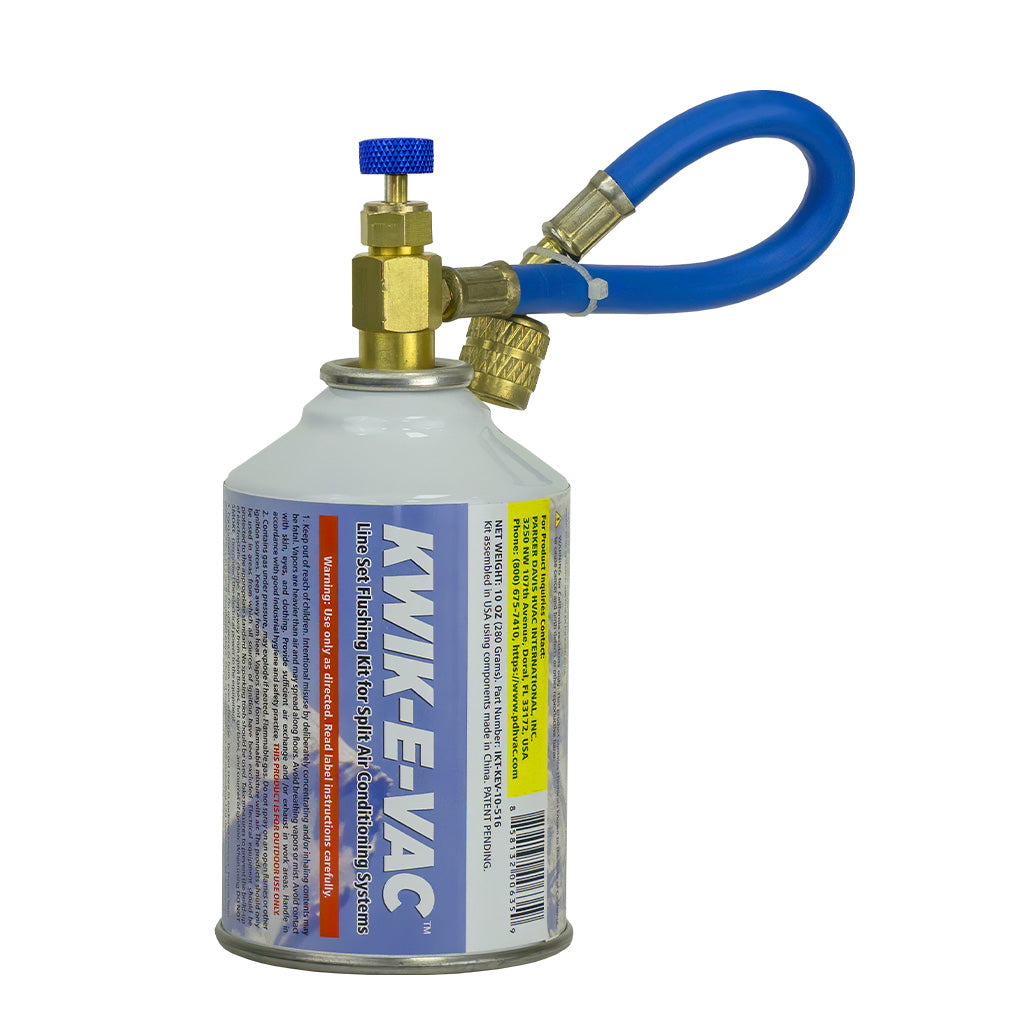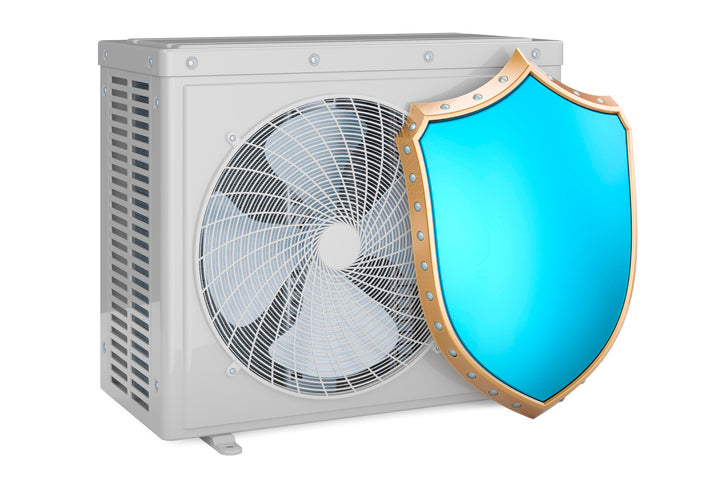Keeping Healthy Humidity Levels: Why Too Much Can Hurt You

HVAC systems, like mini splits, heat and cool your space using a two-part component network. They allow you to control your indoor temperature with a simple press of a button. However, human bodies can be susceptible to certain atmospheres. The ideal room temperature is between 68 to 78 degrees Fahrenheit. Various issues may occur if you create a room climate well above or below the standard temperature range. Too much cold causes people’s skin to dry and crack, causes throat itchiness, encourages cold symptoms, and more. Too much heat creates an unbearably humid climate.
Humidity is gaseous water vapor in the atmosphere and occurs in warmer temperatures due to the evaporation of water caused by heat. The criterion for keeping healthy humidity levels is a humidity percentage between 30 and 50 percent. High humidity percentages cause your body and your home to endure various issues. Understanding the importance of keeping healthy humidity levels and why too much can hurt you prevents you from future health problems and multiple home repairs.
Effects of Humidity on Your Body
Overheating
Increased humidity within a space fools the body into thinking the room’s temperature is hotter than in actuality. This misconception drives the body to react as though it’s overheating. Even if the room isn’t that hot, the humidity can cause your body temperature to rise above a problematic 104 degrees Fahrenheit. An overheated body runs the risk of a heat stroke, causing collapse, breathing difficulties, chest pain from an increased heart rate, and other negative symptoms.
Fatigue
An overly humid space makes your body more fatigued. This drowsy sensation occurs from your body overworking itself to maintain your internal temperature at a stable level. Your body will also become further exhausted from increasing certain bodily functions to combat the heat, like breathing and sweating.
Respiratory Issues
Humidity might be invisible to the human eye, but its water vapors are quite thick substances. When you breathe in those denser air particles, they activate the sensory nerve fibers, called C fibers, in your lungs. These nerve fibers cause your airways to tighten, making it harder for you to breathe and stimulating a coughing sensation.
Bacteria Growth
Bacteria thrive in moist, dense environments. Too much humidity within an enclosed space generates peak breeding grounds for bacteria, air pollutants, and dust mites. These irritants affect a person’s airway, activating the previously mentioned sensory nerve fibers within the lungs. An influx in toxins further heightens symptoms for those with asthma, other respiratory concerns, and differing ailments.
Heat Cramps
Cramps occur when your muscles involuntarily contract. A couple of things that can cause muscle spasms include low amounts of necessary minerals, low blood flow, pinched nerves, and muscle strain. In high temperatures and humid spaces, heat cramps occur, resulting from losing mineral-filled electrolytes due to your body sweating to combat the heat. Heat cramps often feel like sharp stabs coming from the stomach area.
Headaches
In high humidity, your body increases its blood flow as a desperate measure to deliver required nutrients, to compensate for lost minerals your body flushed from sweating. However, this sudden increase in blood flow creates pressure in sensitive spots filled with vessels like your temples. The blood rush to your brain and forehead causes major headaches, making you vulnerable to dizziness and nausea. Additionally, similar to heat cramps, the muscles in your head involuntarily contract from lack of electrolytes, generating headaches.
Dehydration
One of the most common and critical effects caused by too much humidity is dehydration. Dehydration occurs when your body lacks enough fluids in its system to function properly. As your body overheats, it drains its fluid resources to help cool, refresh, and nourish other bodily functions. But this causes an imbalance between your water consumption and the amount of water used, leaving you with very little water in your system. Dehydration causes a series of issues, on top of being one itself, including fever, dizziness, and nausea.
Effects of Humidity on Your Home
Cracked Walls
Humid environments cause certain paints to expand and shrink from all the moisture in the air, formulating cracks on the wall. A moist atmosphere also degrades adhesives used to stick wallpapers, causing them to peel. High amounts of humidity for a prolonged period create more extensive cracks on the walls that will require more than a minor touchup to fix.
Mold Growth
Like bacteria, mold flourishes in warm, damp atmospheres. Dense humidity cultivates mold between cracks, corners, and various shaded areas. Not only is mold unsightly, but it harbors bacteria and releases air pollutants, making breathing conditions more difficult.
Wood Rot
Woods are very susceptible to absorbing water, causing them to take large intakes of moisture from humid atmospheres. The increased water vapor density in the air continuously supplies and spreads moisture onto various features within the room. Moist, damp air makes it hard for the permeated water in the wood to dry due to the continuous supply of hydration, softening the wood and eventually creating rot.
Lingering Smells
The density of humidity captures scents, making certain smells seem amplified in humid, enclosed spaces. The trapped smells can also cling to furniture, increasing the smell’s strength. Lingering odors end up attracting pests and taint air quality, inhibiting breathing.
There are a couple of actions you can take to prevent the creation of highly humid spaces and their following issues. Some solutions include close temperature monitoring, opening a window, humidifiers, and installing other ventilation systems. Installing an HVAC with a quality ventilation system and easy controls, like the Pioneer floor mini split, helps you easily achieve and maintain that ideal room temperature of 68 to 78 degrees Fahrenheit.
Don’t forget that your body is susceptible to temperatures and can make a room feel hotter and colder. Before reaching for your AC or heater controller, ask yourself whether it’s the room or your body that needs to be heated or cooled. Sometimes, your room temperature is perfect, but your body has other underlying causes that are making you feel warmer or colder than the actual temperature. This could be true if other people in the room are content with the air temperature. After gaining insight into the importance of healthy humidity levels and why too much can hurt you, you can sit back and relax in a comfortable, well-tempered, healthy space with your mini split beside you.








